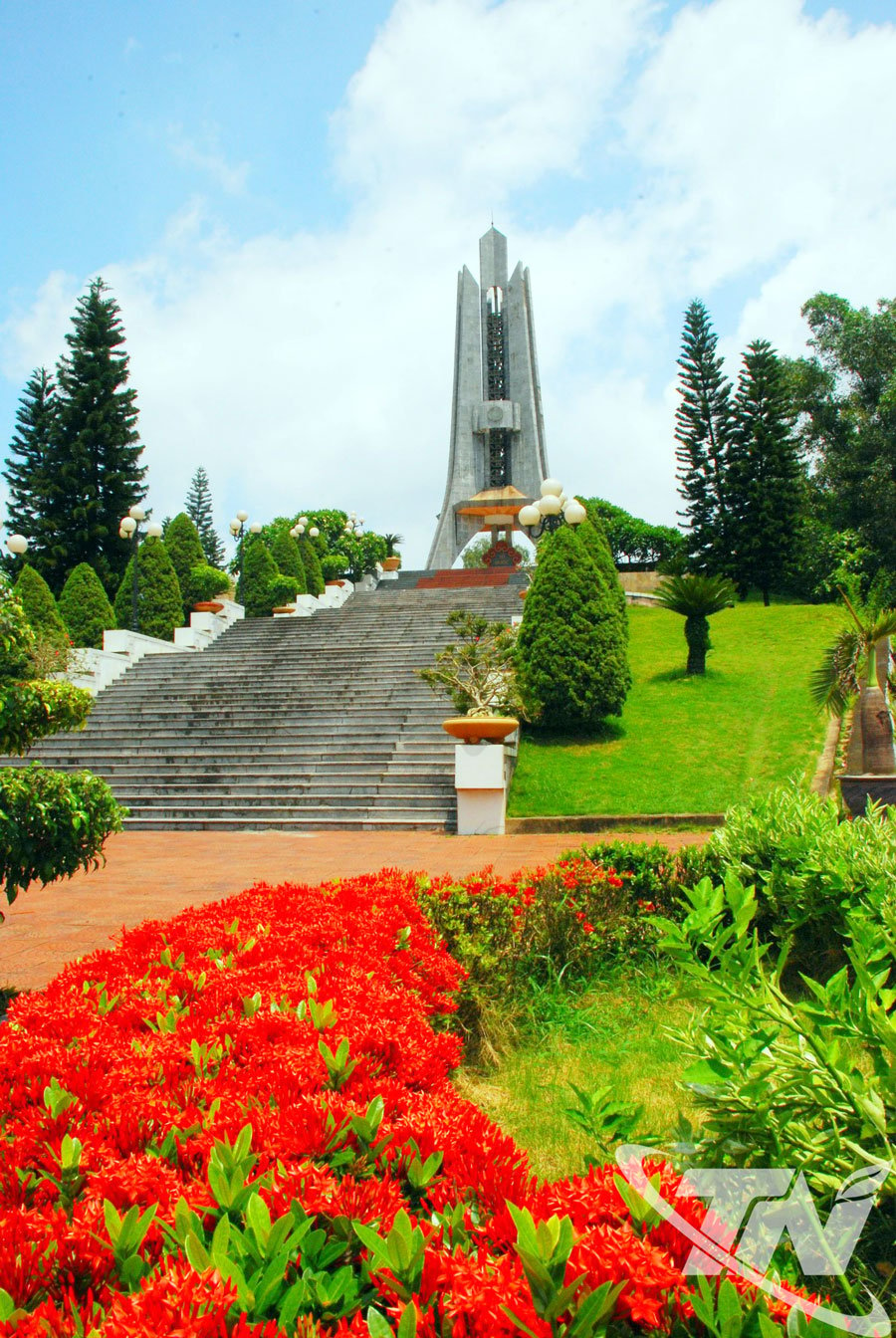 |
| Photo: Do Anh Tuan |
In my grandmother’s old wooden drawer, there was a handkerchief, faded by time, gently wrapping a fragile letter, with shaky purple handwriting written by my uncle in the middle of the deep forest. “Mom, I’m fine. In the forest, there were many shortages, but comrades loved each other very much. I miss home, I miss the braised perch my mother cooked…” The letter stopped there, without a conclusion. At the bottom of the page, there was a blurred streak, which could have been my grandmother’s tears, or it could have been a drop of rain that year, when people came to inform me that my uncle had sacrificed himself on the southern front. Just a small piece of paper, an unfinished letter, but it contained memories, love, and a heroic time that had quietly passed in tears.
My grandmother once said: “Every sacrifice is a candle lit so that the country can shine forever” . When I was young, I did not fully understand what my grandmother said. To me at that time, war was just old films on TV, a few dry pages of history books in the classroom. But then when I grew up, war gradually appeared, not through gunshots, but through silence. It was my grandmother’s distant eyes every time I celebrated my uncle’s death anniversary, it was a black and white photo that had faded with time but was still hung solemnly in the living room, it was unfinished stories about a generation that lived quietly, quietly sacrificed to preserve the shape of the country. At that time, I understood: There are pains that are no longer visible through blood, but through memories.
Once, my school organized a trip for students to visit the martyrs’ cemetery. The rows of graves were lined up in a straight line, as quiet as a sad song without words. The names of the people lay still on the cold stones. One grave had only three words: “Name Unknown”.
I stood for a long time in front of that tombstone. I wondered: Who was that person? Did he have an old mother waiting for him back home? Did he ever hold a sleeping baby in his arms? Did he ever hold his lover's hand by the village well on a windy afternoon? War spares no one, regardless of age, name or hometown. But it was they, the nameless names, the fates that no one remembers, who silently sacrificed so that our generation could grow up in peace . Not everyone is recorded in history books, but in this land, each grave is a page of history, silent but immortal.
Not with colorful banners or long speeches, but simply a bouquet of flowers placed gently on the grave, a minute of silence in the early morning sun, a child standing at attention, saluting without a single deviation. It is these small things that are the most profound way for us to keep our promise to the past: No one is forgotten. Nothing is forgotten. I still believe that somewhere far away, where there is no more war, no more bombs, the soldiers of the past are still silently watching each July season pass in peace.
July is also the month of windy afternoons for me, when the loudspeakers of the ward echo from afar, reading the names of heroic martyrs in a memorial program. Amidst the hustle and bustle, those unfamiliar names make my heart pause for a few beats. Because every name was once a hero, once had a childhood, once had a mother waiting outside the door, once had a dream that never came true.
Once, I read the poem “Sitting sadly, remembering my mother in the past” by poet Nguyen Duy, written in the days of bombs and bullets long gone. Strangely, reading it in the middle of July, I felt as if someone had gently touched my heart:
"Mother lulls the life into silence
milk nourishes the body, song nourishes the soul
grandmother lulls mother to sleep... mother lulls baby to sleep
Will you remember tomorrow?”
The poem does not talk about war, but still makes us think of the mothers who stayed behind, silently rocking their children, the young wives who did not have time to welcome their husbands back, and the children who grew up next to the altar, only knowing how to call their father through a black and white photo.
In July, it seems like the earth and sky move slower. Not because of the rain, not because of the wind, but because people's hearts are quiet, to remember and be grateful for the footsteps that will never return.
Source: https://baothainguyen.vn/van-nghe-thai-nguyen/202507/thang-bay-nhung-buoc-chan-khong-tro-lai-658229c/


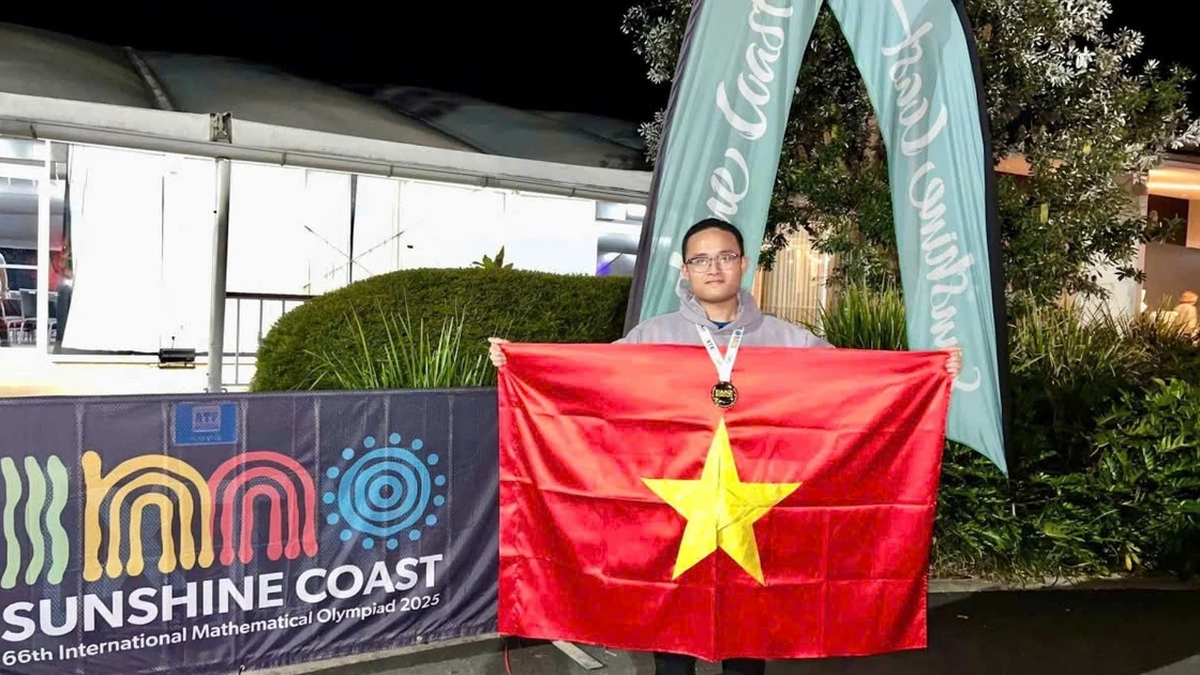


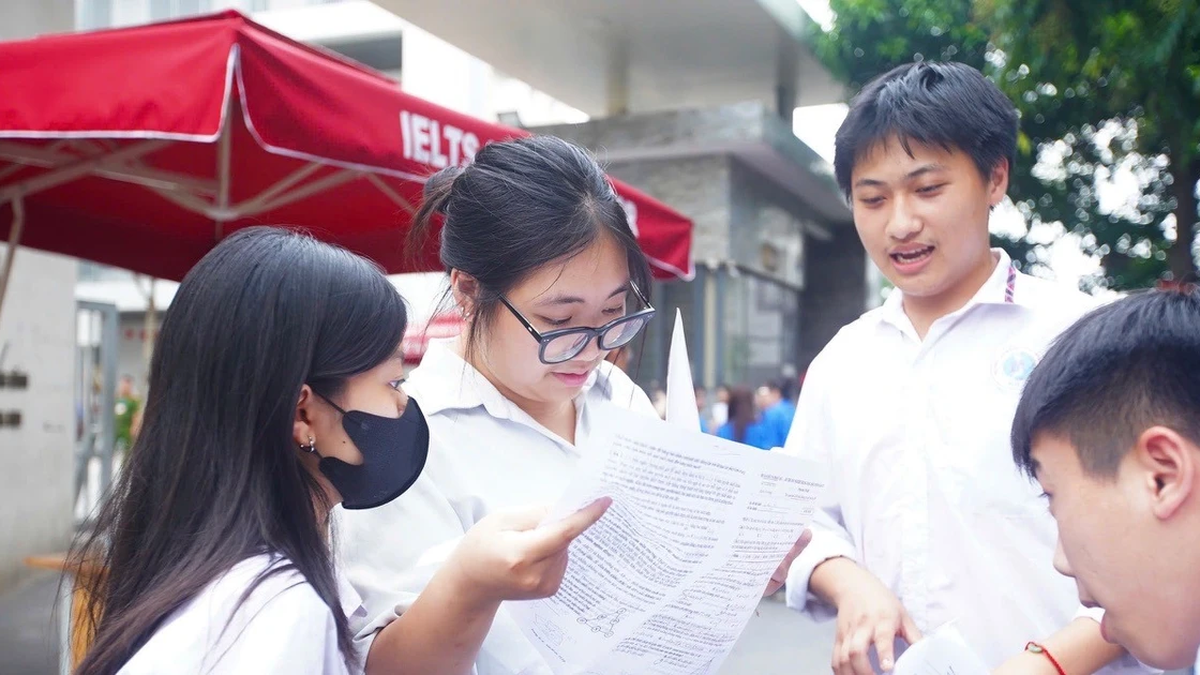
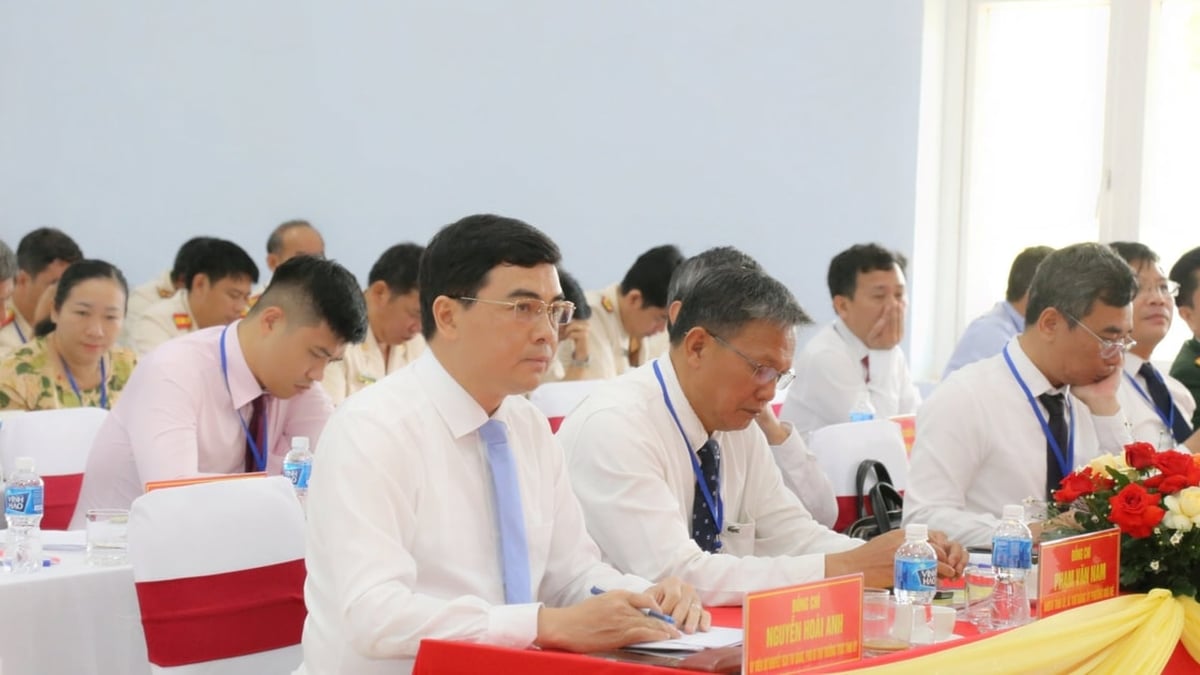



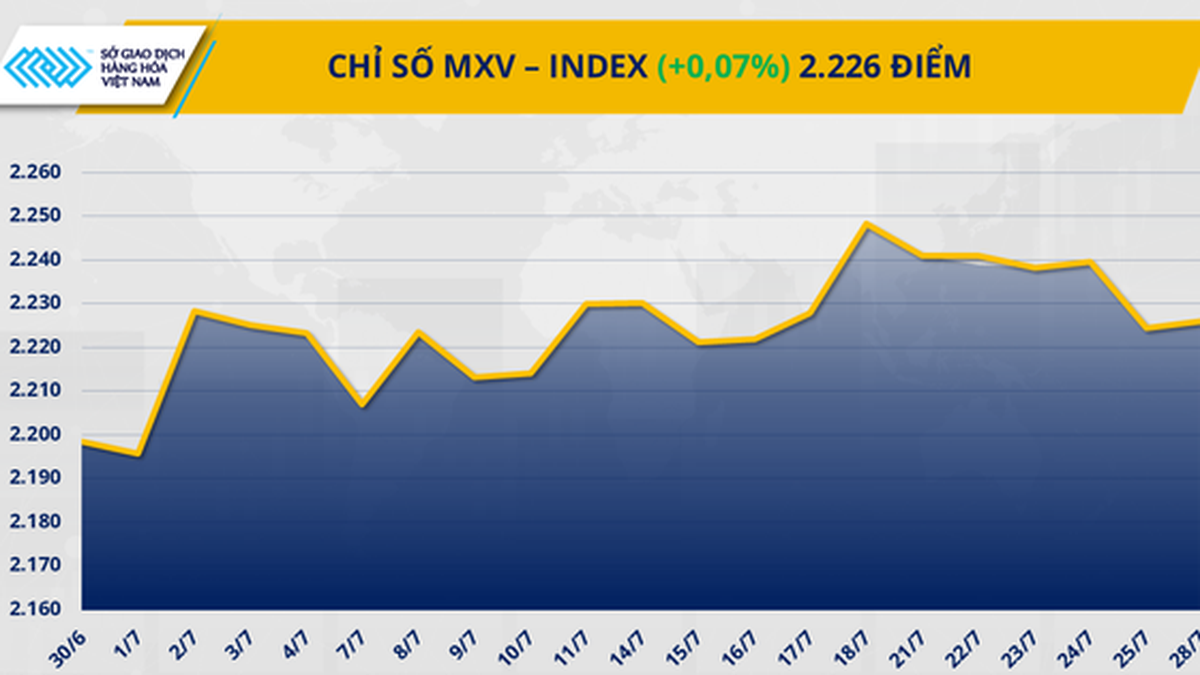
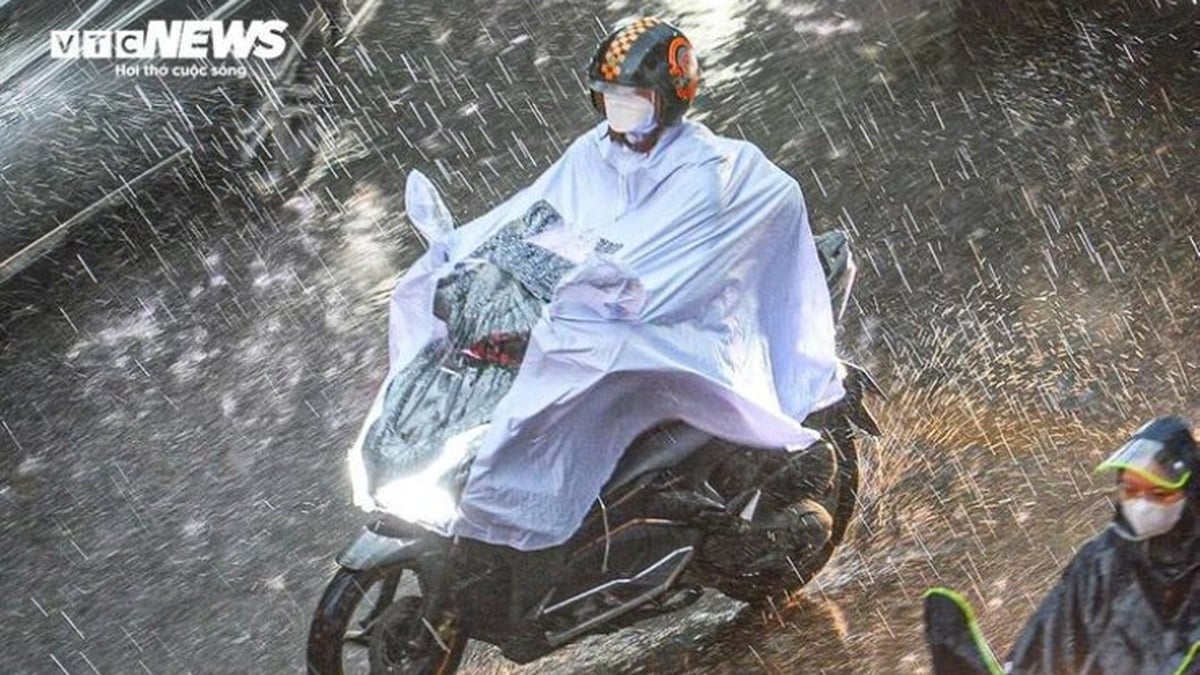












![[Photo] National Assembly Chairman attends the seminar "Building and operating an international financial center and recommendations for Vietnam"](https://vphoto.vietnam.vn/thumb/1200x675/vietnam/resource/IMAGE/2025/7/28/76393436936e457db31ec84433289f72)

































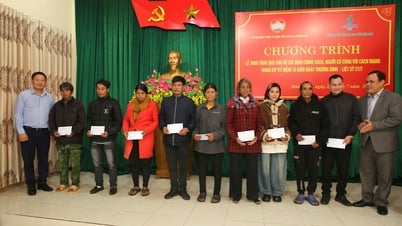




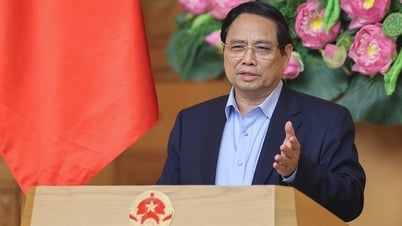





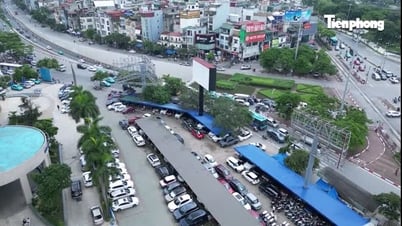

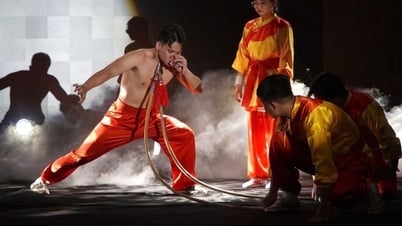

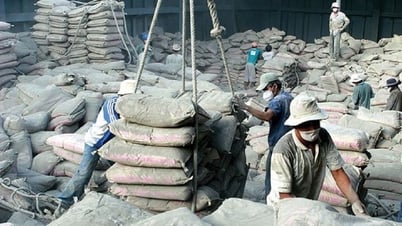

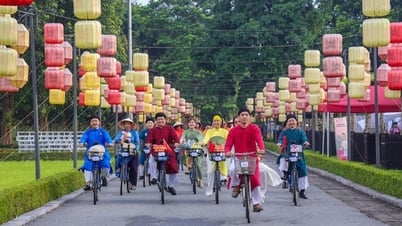
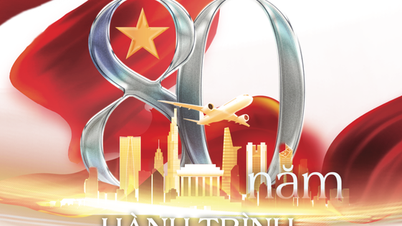
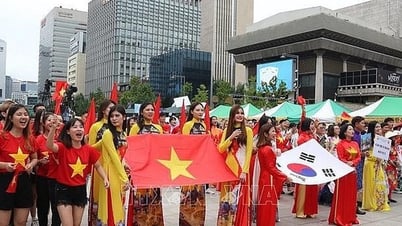
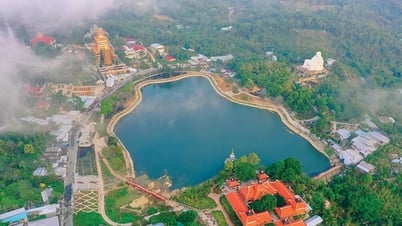




















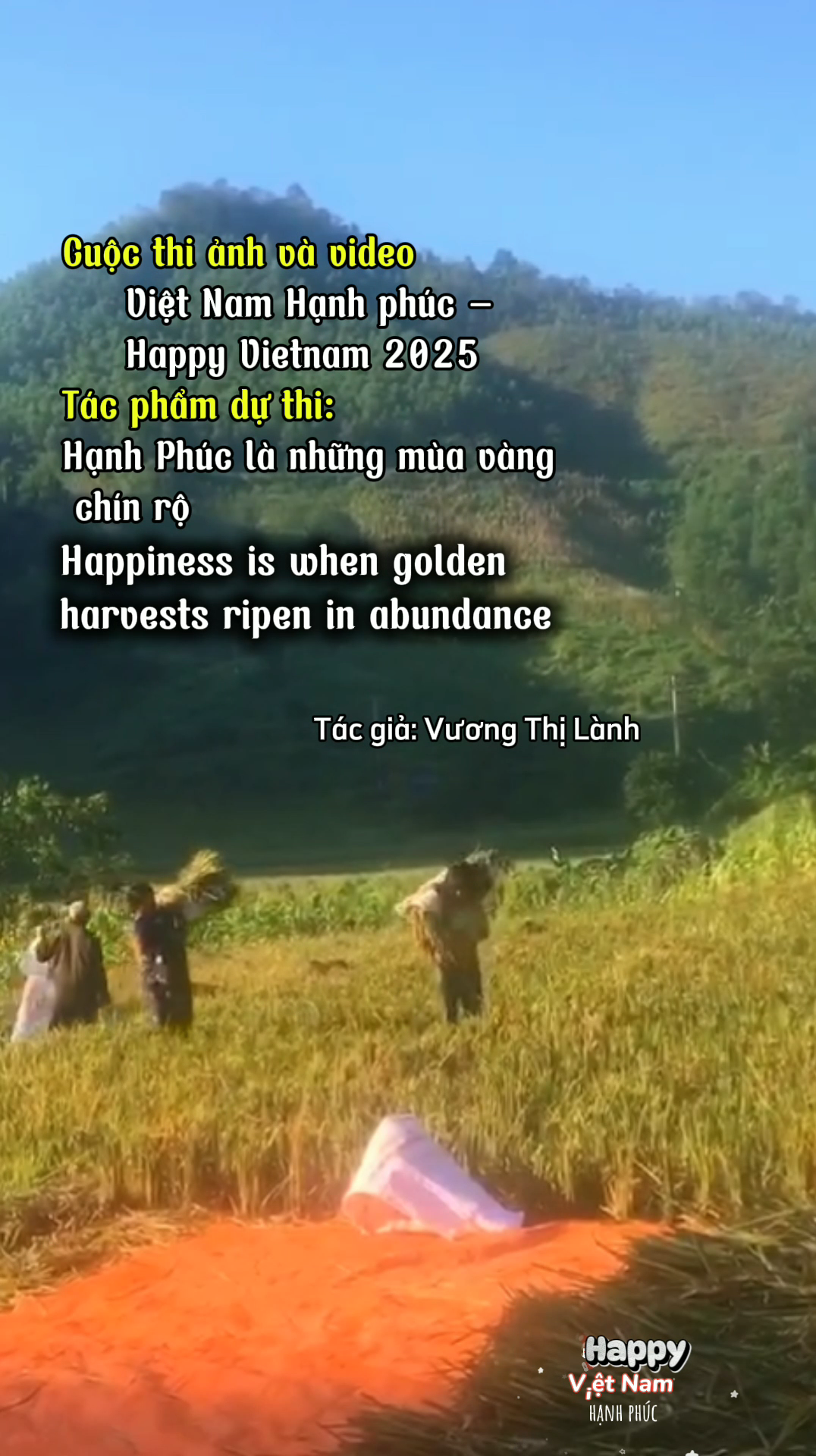

Comment (0)